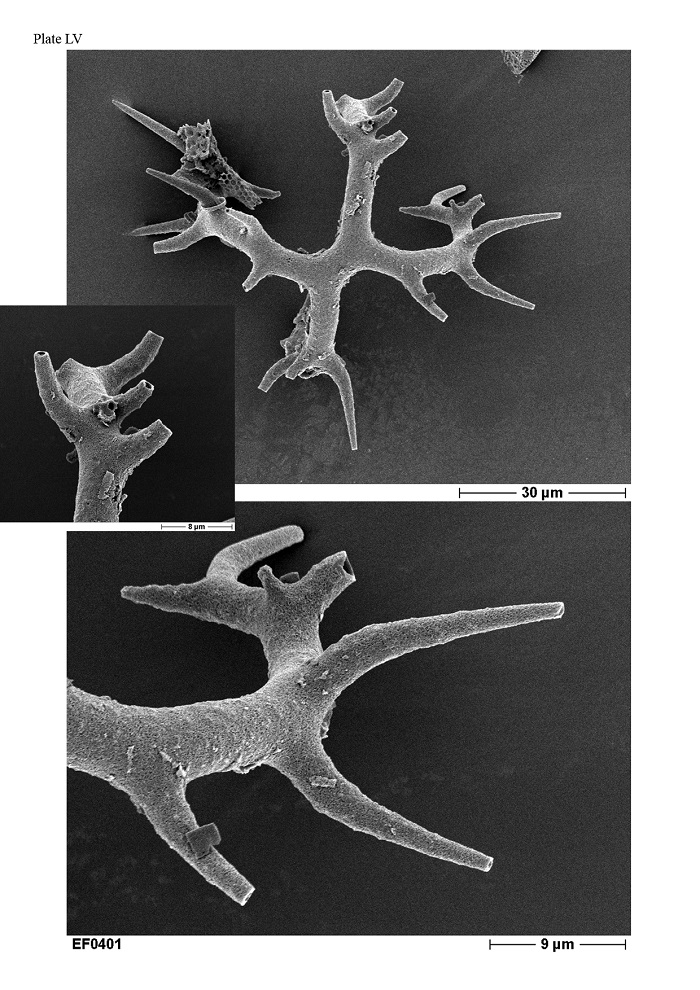Kevin McCartney, Professor of Geology at the University of Maine at Presque Isle, will depart for a year of research—first on the other side of the country and later on the other side of the world–at the beginning of September. He will complete a semester sabbatical at the University of Nebraska – Lincoln, to be followed by a Fulbright to India during the spring. During the eight or nine months that he will be away from northern Maine, he will pursue his lifelong interest in a group of single-celled fossils known as silicoflagellates.
The sabbatical in Nebraska will build upon a 2009 sabbatical in which he studied silicoflagellates from the northern regions of Canada. The specimens involved in this study were among the oldest such fossils ever observed and his work resulted in the description of 21 new species and 3 new genera. These discoveries led to a new interpretation of the early silicoflagellate evolution, and produced some of the most important papers of his nearly 40-year study of the microorganism group.
Most of these new species came from five samples collected years before on Devon Island as part of an expedition in search of dinosaur-era vertebrate fossils: “One of the participants had a micropaleontology background and as a matter of habit collected a few sediment samples,” McCartney said.
These few samples yielded an ‘Aladdin’s Cave’ of unusual fossils never seen before, and McCartney has long sought additional material to improve his understanding of these poorly known fossils.
His research colleague in Nebraska, David Harwood, has in the past two years been able to visit Devon Island and collect 125 new samples over a carefully measured section of strata that can be tied into about 15 million years of climate history during the Cretaceous Period, some 100 million years ago. This was a time of greenhouse warming that included some interesting changes in ocean waters. Canadian colleagues have collected other samples from northern Canada, so McCartney has many microscope slides to study.
Once the work in Nebraska is finished, and after a brief holiday break in Caribou, McCartney will travel to Lucknow, India, to study at the Birbal Sahni Institute of Palaeosciences. He will study sediment samples retrieved by recent deep sea drilling in the Southwest Pacific, near New Zealand. His particular interest in this study is in silicoflagellates that thrived during another time of greenhouse conditions about 40 million years ago. Silicoflagellates appear to thrive especially well and undergo rapid evolution during times of especially warm-water conditions.
The Fulbright in India was originally scheduled for 2020, but postponed due to COVID-19. Fulbright activities for Fall 2021 were also cancelled, but McCartney is hopeful activities will be on track for the spring. Lucknow is located southwest of Nepal, and not too far from the Taj Mahal. McCartney is planning to return to northern Maine in June 2022.
